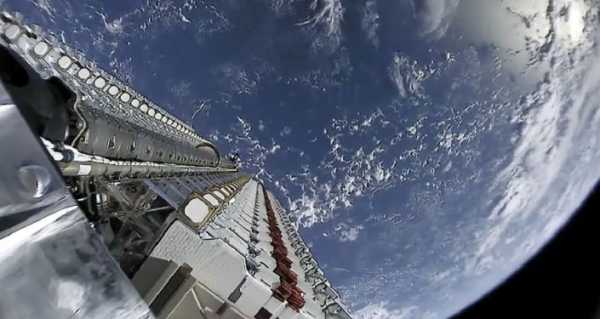
SpaceX’s Starlink now enjoys competition from Amazon’s satellite Internet plan known as Project Kuiper, which is in some ways similar to Musk’s project.
The French village of Saint-Senier-de-Beuvron is resisting the installation of transceivers by Elon Musk’s Starlink satellite internet company.
The SpaceX sub-brand provides satellite Internet access through thousands of small-satellites in orbit and antennas on the ground.
According to SpaceX, it’s “developing a low-latency broadband internet system to meet the needs of consumers across the globe.”
In France, Starlink had already secured approval for four transceiver sites from France’s national radio frequency agency ANFR, one of which is in Saint-Senier-de-Beuvron. The project involves installing nine three-meter tall domes protecting the antennae. However, in December, the village issued a decree to block the move.
“This project is totally new. We don’t have any idea of the impact of these signals,” she added.
Brault explained that the worry is that there is “no data” on the eventual effects of the signals on the health of humans or animals.
Francois Dufour, a retired farmer and Greens council member told AFP that “the risks from electromagnetic waves is something we’ve already seen with high-voltage power lines.”
SpaceX contractor Sipartech said, however, that the village’s refusal to build the antenna was based on a technicality which could easily be overturned.
Recently, Musk announced that the growing Starlink satellite network will offer speeds close to 300 Mbps later this year, as well as complete global coverage by 2022″
Starlink plans to fly up to 42,000 satellites into orbit over the next several years to provide high-speed internet to any location on Earth. This has drawn concern from astronomers, who warn that having so many satellites in low Earth orbit might obstruct astronomical observation, while also adding to the problem of space debris.
SpaceX is not the only company competing for broadband satellite internet domination – Jeff Bezos’ Amazon is pushing Project Kuiper, which is investing $10 billion to deploy its own satellite internet constellation.
Sourse: sputniknews.com






